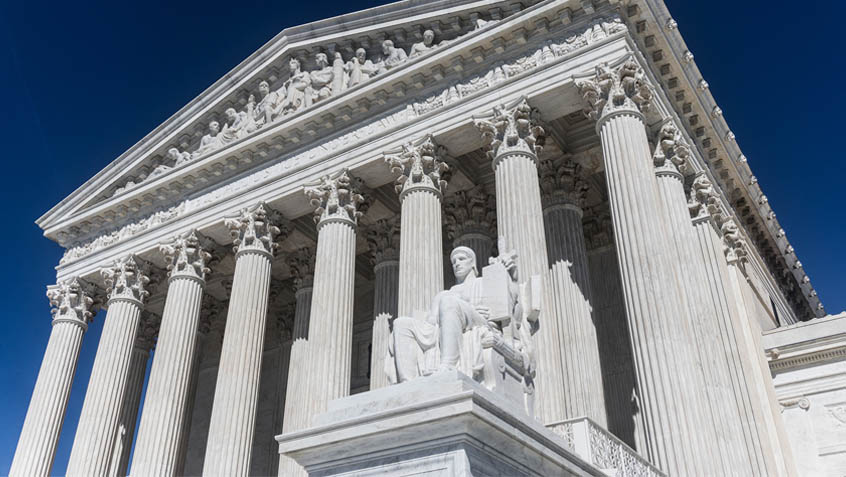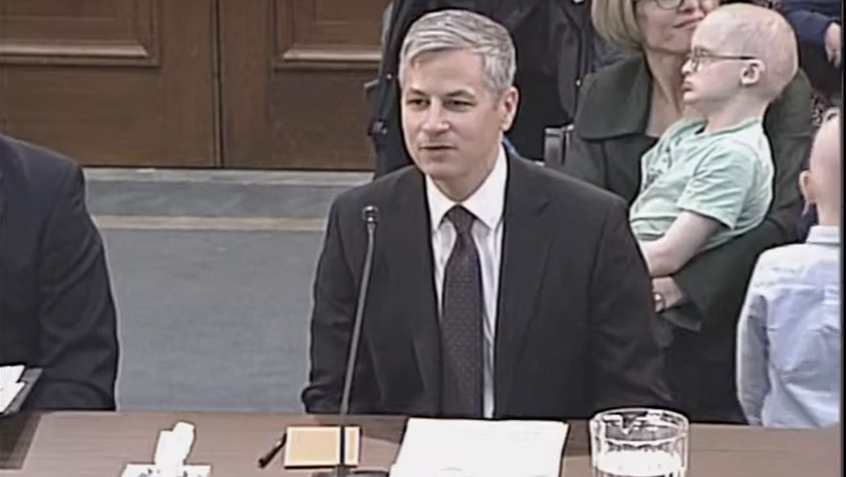Today, the Trump administration released guidance to help states convert some of their federal Medicaid funding into a block grant. In exchange for accepting this capped funding, states will receive more power to cut care and restrict coverage.
This new structure, billed as a voluntary demonstration for states, can apply to funding for optional Medicaid populations: low-income adults under the age of 65 who wouldn’t otherwise be eligible for the program. This includes adults in the Medicaid expansion population, though non-expansion states that voluntarily cover other adults—such as low-income parents with incomes above the traditional Medicaid threshold and adults with dependent children—may also participate.
Read More
In a 5-4 ruling, the Supreme Court on Monday lifted a temporary injunction blocking the Trump administration’s “public charge” rule. The policy may now take effect almost everywhere, even as litigation challenging the regulation continues in the lower courts.
Read More
On Tuesday, the Supreme Court declined to fast-track the latest challenge to the Affordable Care Act (ACA). This decision not to expedite review comes after a federal appeals court last month agreed with a federal judge in Texas that the ACA’s individual mandate is unconstitutional, but declined to say how much of the law should fall as a result. Instead, the appeals court sent the case back to the Texas court to reconsider that question—a process that could take months if not years.
Read More
Last month, the Kaiser Family Foundation (KFF) released a series of charts that explain and compare various legislative proposals to lower prescription drug costs. Such proposals are in the limelight because many Americans identify drug pricing as a significant problem and support government action to address it. According to one KFF poll, high drug costs have kept 30% of Americans from taking their medicine as prescribed.
Read More
This week, the Center for Medicare Advocacy, a national nonprofit, released a new issue brief on an often-misunderstood aspect of coverage for people with chronic illness who need longer term care.
Read More
A new brief from the Kaiser Family Foundation (KFF) examines how state decisions to forego the Affordable Care Act’s (ACA) Medicaid expansion have impacted Americans’ access to coverage.
Read More
Yesterday, Medicare Rights Center President Fred Riccardi testified at a hearing of the House Committee on Energy and Commerce, Subcommittee on Health titled “Legislation to Improve Americans’ Health Care Coverage and Outcomes.”
In the testimony, Medicare Rights urged Congress to pass the bipartisan, bicameral Beneficiary Enrollment Notification and Eligibility Simplification (BENES) Act (H.R. 2477) without delay.
Read More
Just before the New Year, the Medicare Rights Center responded to a proposal that would damage the Medicaid program by allowing Tennessee to convert its Medicaid funding into a block grant. Our comments note that doing so would cause harm to older adults and people with disabilities, as well as the Medicaid program as a whole.
Read More






